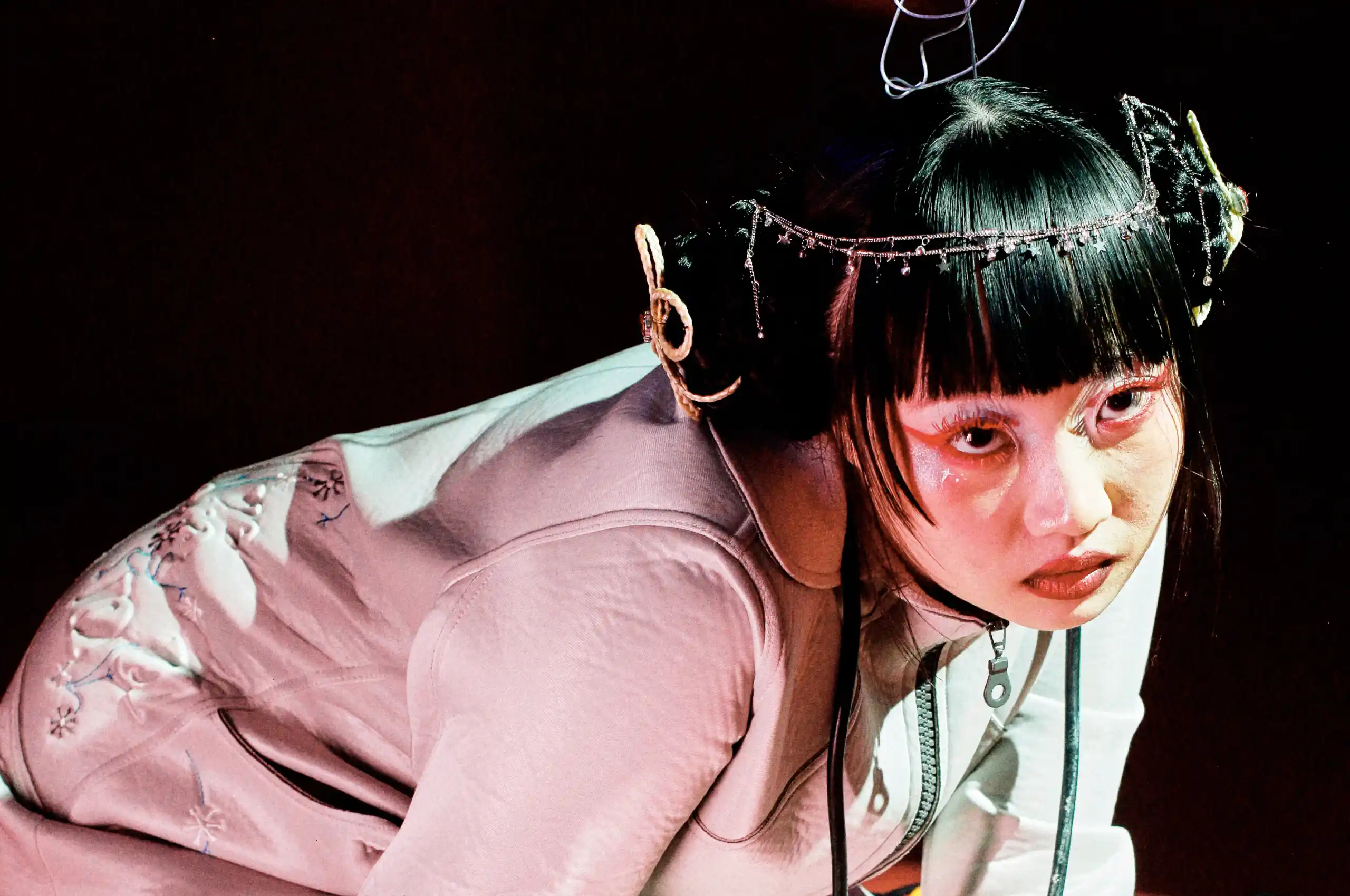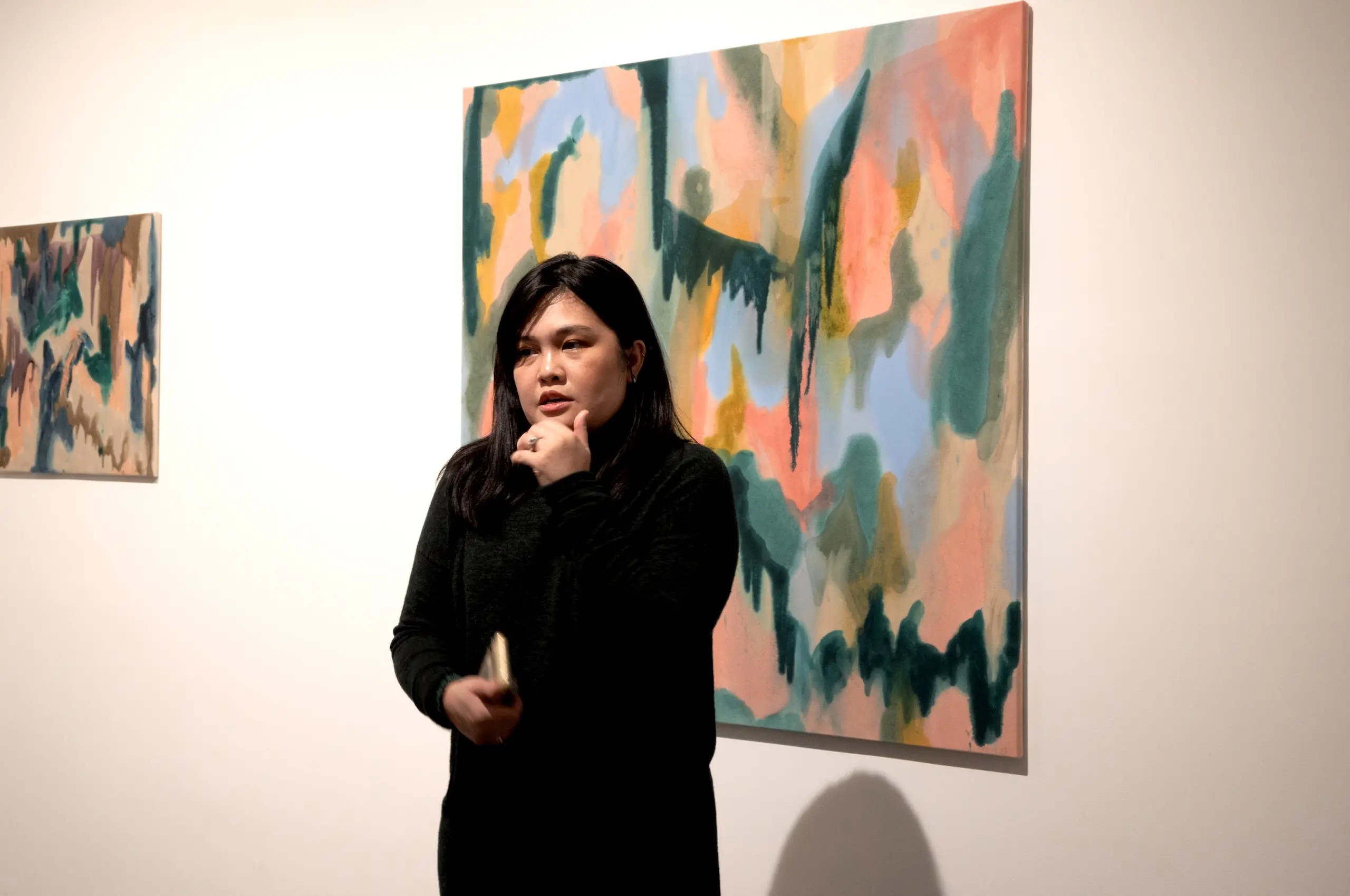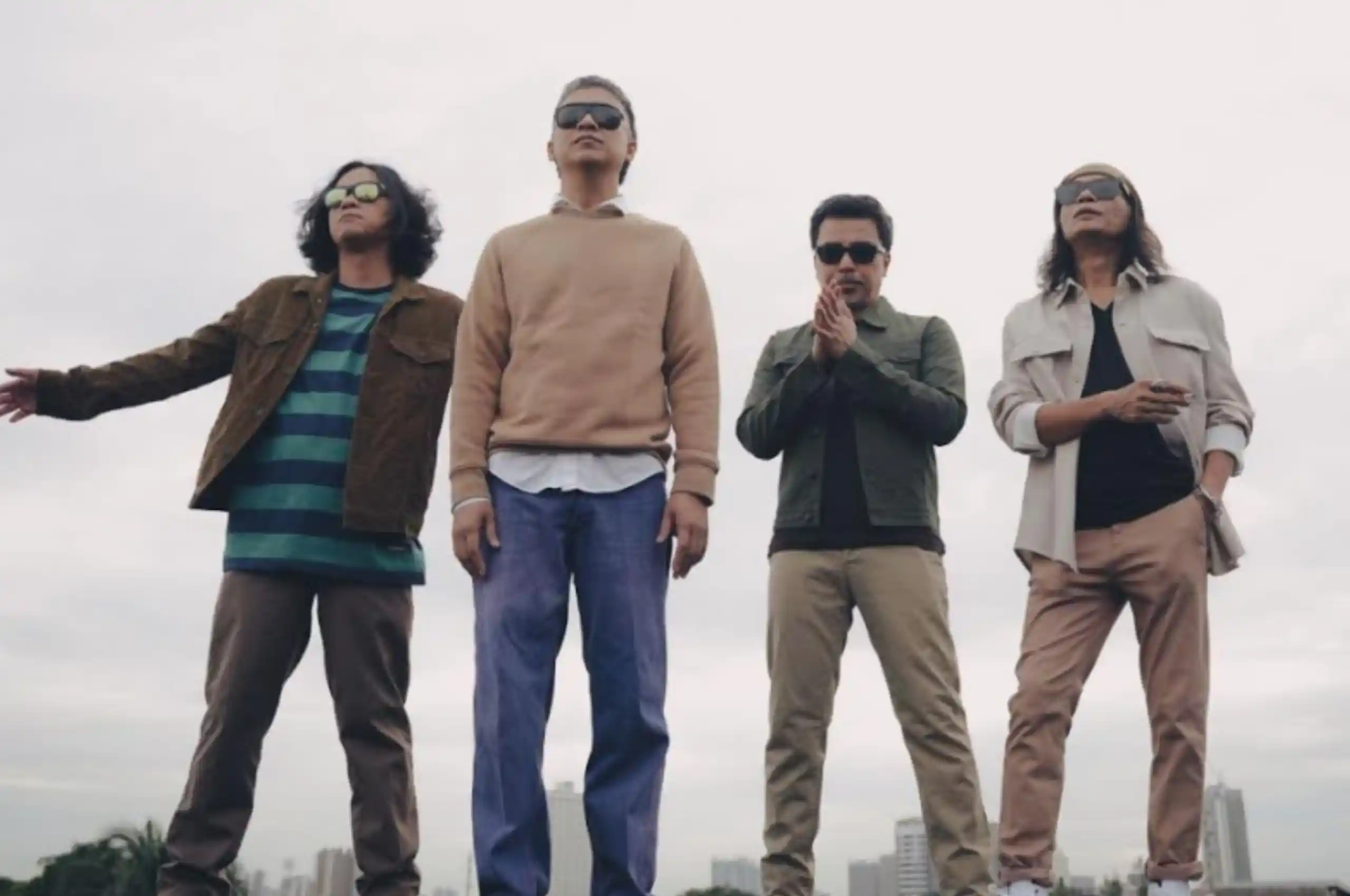The day after the Trillion Peso March, one of the biggest displays of public protest against mass corruption in the Philippines, rally organizer Kiko Aquino Dee is exhausted.
“I was there the whole day,” the co-convenor of Siklab told Rolling Stone Philippines. “The hardest part of it is on our bodies: we’re all really, really tired.”
Although Dee is a self-described introvert, the grandson of the late President Corazon “Cory” Aquino and the late Senator Benigno “Ninoy” Aquino has built a career in the pursuit of studying political justice. “I grew up in a political family, but I wanted to have language to describe what was happening around me that was independent of what my parents or the rest of my family would say,” Dee said. “I wanted to understand things for myself.”
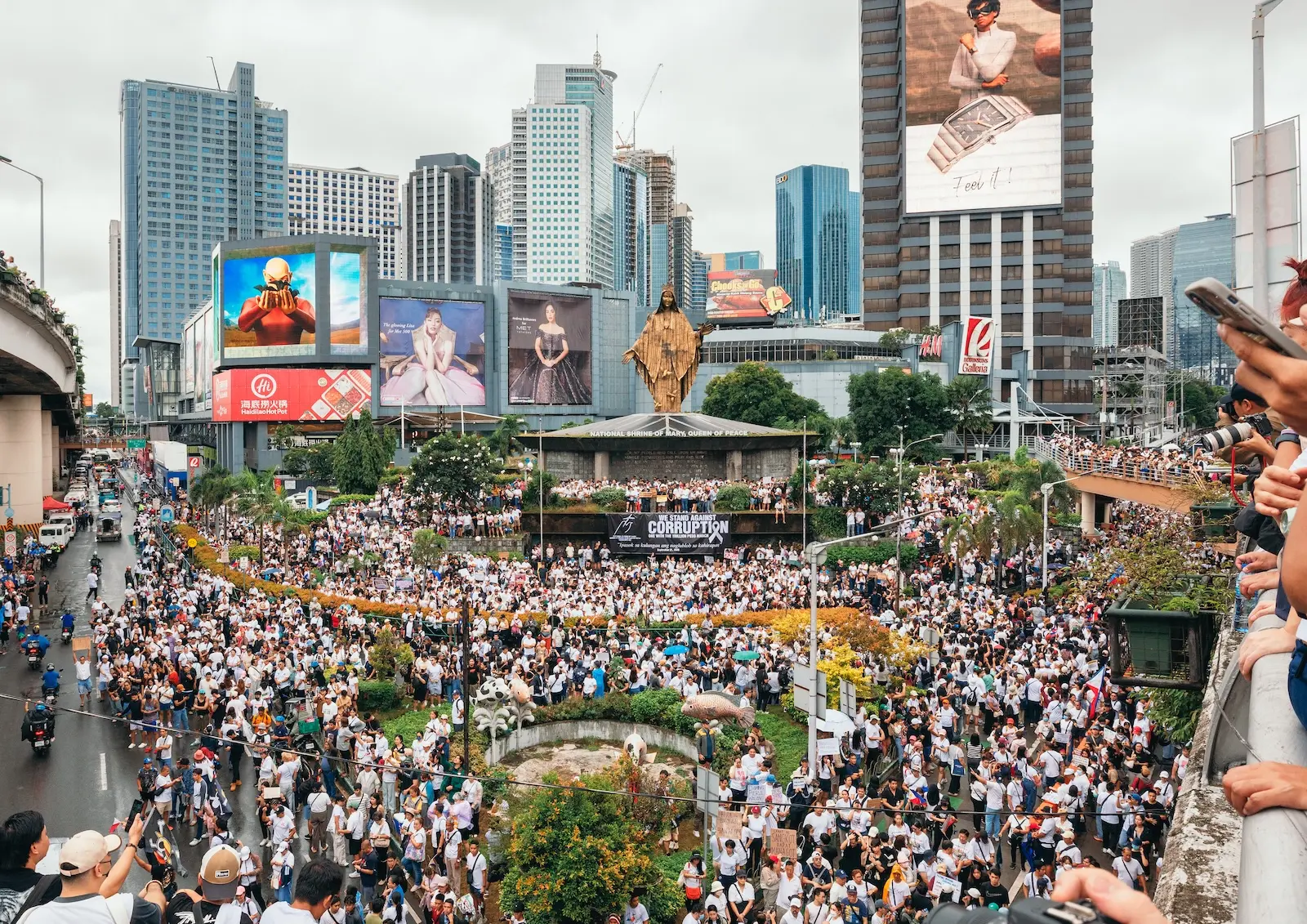
“As for becoming the march’s ‘spokesperson,’ just to be clear: I was the spokesperson for my organization, which is the Simbahan at Komunidad Laban sa Katiwalian, which was one of the partners of the Church to put together the whole thing,” added Dee. “But I mean… I’m younger, I have a popular middle name, and I communicate well enough so that I think it all kind of came together.”
After teaching at the University of the Philippines Diliman’s Department of Political Science, Dee took a leave to pivot to campaigning for political candidates he believed in, such as former Vice President Leni Robredo. He is currently the executive director of the Ninoy & Cory Aquino Foundation, where he strives to preserve his family’s legacy and combat the misinformation and propaganda around them that was spread during previous administrations. While Dee has organized rallies in the past, he argued that the Trillion Peso March is his most ambitious endeavor yet.
As the country continues to reel from the rallies, protests, and public demonstrations that transpired on September 21, Dee sat down with Rolling Stone Philippines to talk about the logistics behind the march, the challenges behind keeping a movement like this going, and what outcomes he hopes will be in the days and years to come.
This interview has been edited for brevity and clarity.
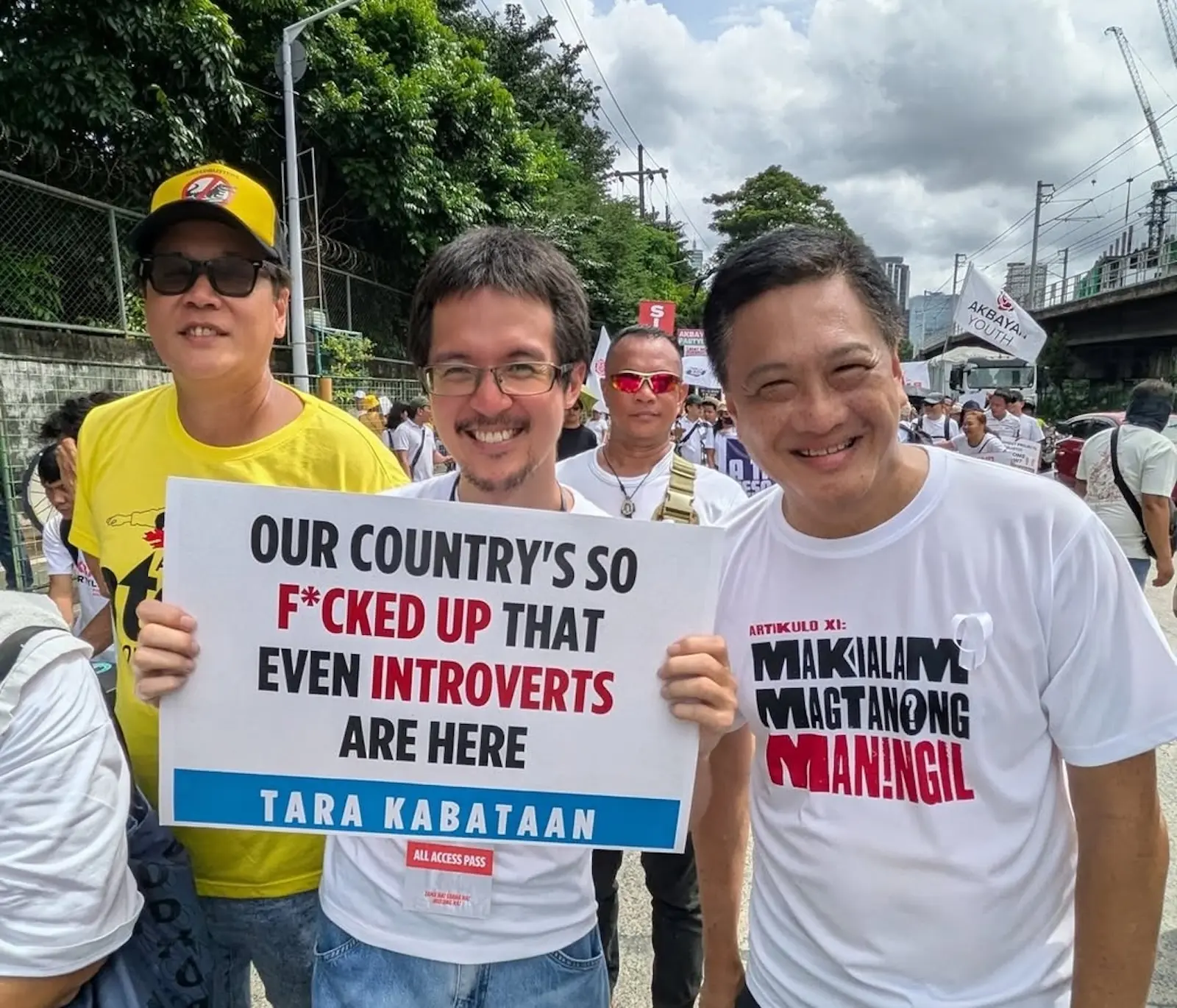
How was the March different from the other rallies and events you’d organized before?
It’s been the longest 11 days of my life. We had the first meeting for it on September 10, so it was exactly 11 days leading up to yesterday of planning. It was definitely the most difficult thing I’ve ever done, and I didn’t even have the most difficult role, since my main job was more media-facing.
I think the most [challenging] thing was just interacting with all these different groups. I come from a block of politics [Tindig Pilipinas] that’s progressive, but there are also other progressive groups that don’t necessarily like each other very much. And we were also dealing with the Church, which is coming from a more conservative place, and there are different church groups too. So working with everyone to deliver something like that march, which needed to be coherent and something that we could all get behind, that was really an interesting challenge.
But I think what we ended up delivering yesterday was a real, clear, and unified call. We wanted accountability for corruption. We wanted to make sure that the march wouldn’t be hijacked by any particular agenda, whether that was the pro-Marcos [camp] or pro-Duterte [camp]. We wanted to express ourselves using peaceful means, and that meant we needed to be consistent with the 1987 Constitution. That’s why we chose the People Power Monument and the EDSA shrine. I think we hit all our targets despite the fact that we had to rush through [planning] in 11 days.
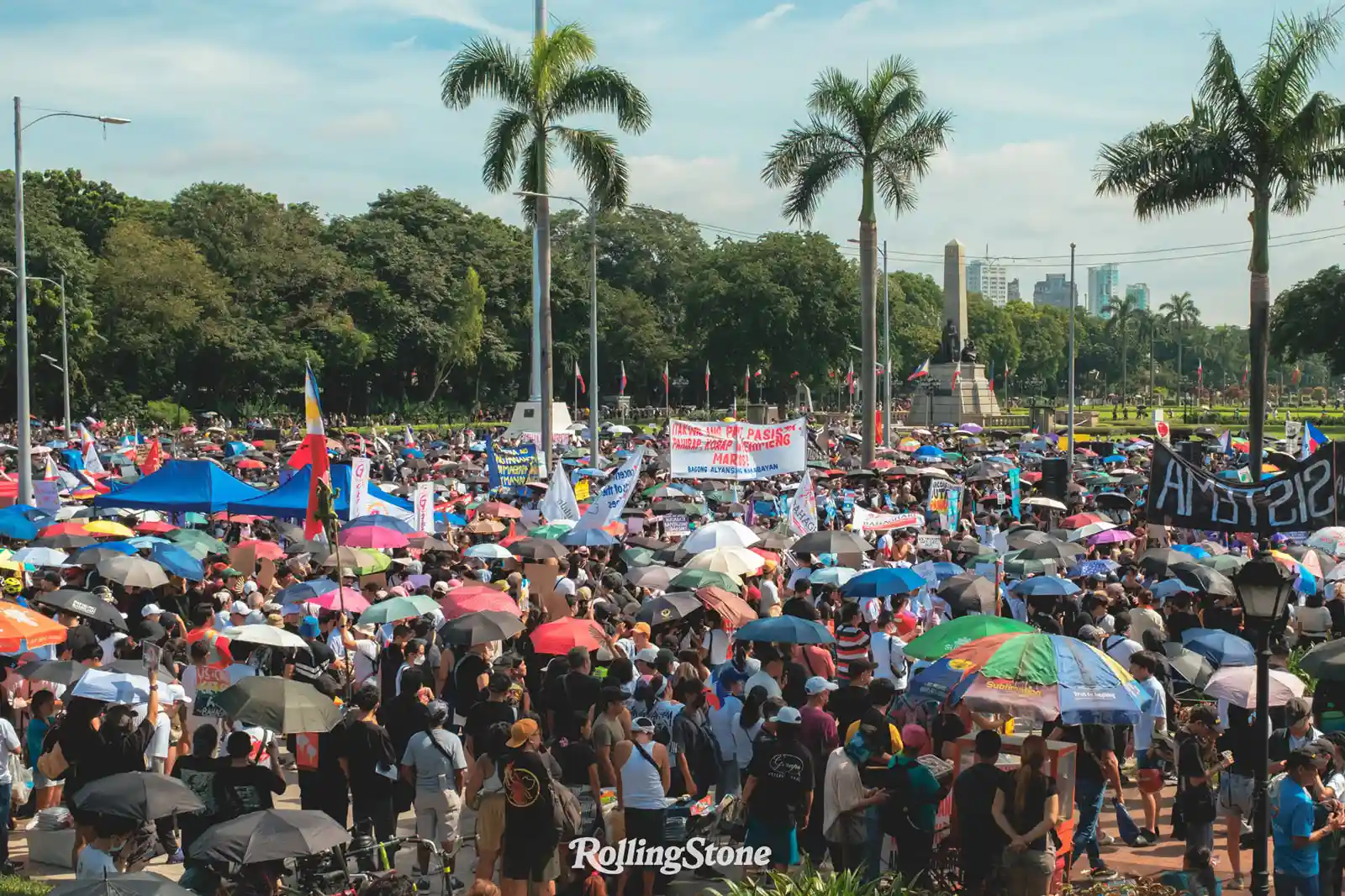
Were you expecting such a large turn-out?
Well, the last time all the organizers spoke to each other, we had an estimated count of 30,000 people. I think we surpassed that, but I haven’t heard of an official count of how many people showed up. I was quite satisfied with the turnout… but I think in retrospect, we could have done better anticipating that a march like this would spill over into different areas. The crowd wanted to stay near the stage, so they ended up not filling up the whole of White Plains Avenue… I think that’s something to keep in mind if and when we try to do something similar.
In the days leading up to the rally, you sat for a few interviews that some say may have been taken out of context. In hindsight, what do you see are the challenges in communicating the causes that you were marching for?
So I think because of the Marcos-Duterte shift, neither faction is really an acceptable coalition partner, right? Marcos not only because of the present corruption, but because of the historical injustices associated with martial law that were never really acknowledged or apologized for. In the case of Duterte, it’s the very recent injustices of all the extrajudicial killings, in addition to the allegations of corruption against Duterte.
But that’s the challenge: if you’re calling out Marcos, then the Duterte camp takes that and says, “Well, you’re calling for him to resign, right? And that Sara should take over?” But if you call out Duterte, then it looks like you’re defending Marcos.
What we really want to say is… take it all the way back to previous administrations. We want to call both of these people out, but you only have so many minutes to say all the things you want to say. And if you leave out one sound bite, then it feels like the balance tilts one way. At least for me, I felt like that was the most stressful communication challenge.
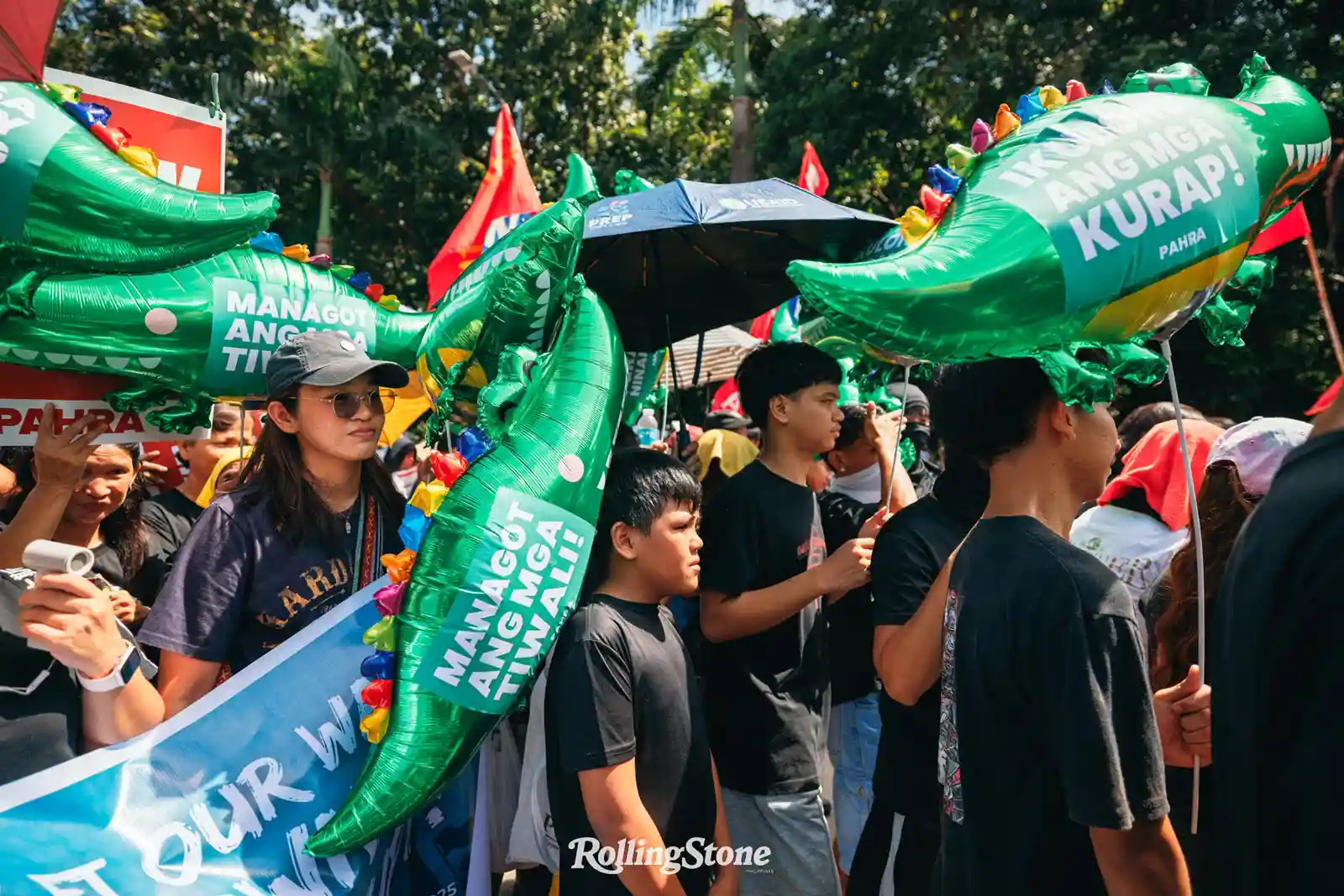
It’s interesting that you bring up the events in Nepal and Indonesia, as it feels like the Trillion Peso March was calling for a different type of action: it was advocating not for revolution, but for justice through the laws of the 1987 Constitution. Could you talk more about calling for a process that may take a little longer to see through, especially during a time when people seem tired of waiting for justice?
I think we’ve been let down by a lot of institutions and the people sitting in those [institutions].
It’s called the Trillion Peso March in reference to the Million People March in 2013, when the PDAF scandal happened, right? The thing I hold onto is that the three politicians implicated there — Juan Ponce Enrile, Jinggoy Estrada, and Bong Revilla — well before the scandal broke, Bong was the Number One senator, Jinggoy was Number Two, and Juan was Number Five. But in 2019, after the scandal, Enrile dropped out, Estrada lost, and Revilla came in at 11, but he had 4 million fewer votes compared to what he had in 2010. I think people hold politicians accountable using the ballot: that’s one aspect of accountability. What we were able to do in 2019 was use our power to kick two of those rascals out — without having to wait for guilt beyond reasonable doubt.
Legal accountability is important, but it really does take time, because that’s the standard, right? Innocent until proven guilty beyond reasonable doubt? But I think we can exact political accountability and get the rascals out with the tools that we have — with the ballot.
I think that’s also a big challenge for a movement like this. How do we keep people’s eyes on the ball? September 21 showed that thousands of people came out to say loudly that we want to turn our back on corruption. Once the information comes out from the Independent Commission for Infrastructure, which I hope becomes a truly independent commission, and not one dominated by the executive branch, and all the names are named, then we need to remind people that we committed to kicking these [names] out during the Trillion Peso March. Let’s keep all of this in our memory going into 2028, so that way we can exact at least a little political accountability.
What’s the hardest part about making sure that the movement continues to evolve, and doesn’t end up being stagnant after the march?
I’m not 100% sure that there will be [more] organic protests, but still, the anger is there. It won’t be fully absorbed and dissipated by one rally. So one of the challenges is that we need to set up more events like the March to keep people’s eyes on the ball and to show that we’re committed to turning our backs on corruption.
“What we really want to say is… take it all the way back to previous administrations. We want to call both of these people out, but you only have so many minutes to say all the things you want to say. And if you leave out one sound bite, then it feels like the balance tilts one way.”
But I think the real way to translate yesterday’s cause is into an electoral movement. Let’s kick them out. Let’s pressure these different bodies to name the names. We’ve seen some names come out, but I’d prefer a proper, independent commission to name them. And then come 2028, we need to remember these names, and we need to make sure that they don’t get our blessing again. Since elections aren’t at the top of mind now, we need to have events like the March. We need to have these protests. We need to be watching the hearings closely, and then if another thing happens there, maybe we can organize an event around it. But I think that this all really needs to translate into something electoral.
Is that your main hope for what comes out of the March?
I think so. We need to [show] that we’re an honorable people, that we know right from wrong, and that we can punish wrong as much as we can through the ballot. We need to remind people that we can make productive use of our democracy.




